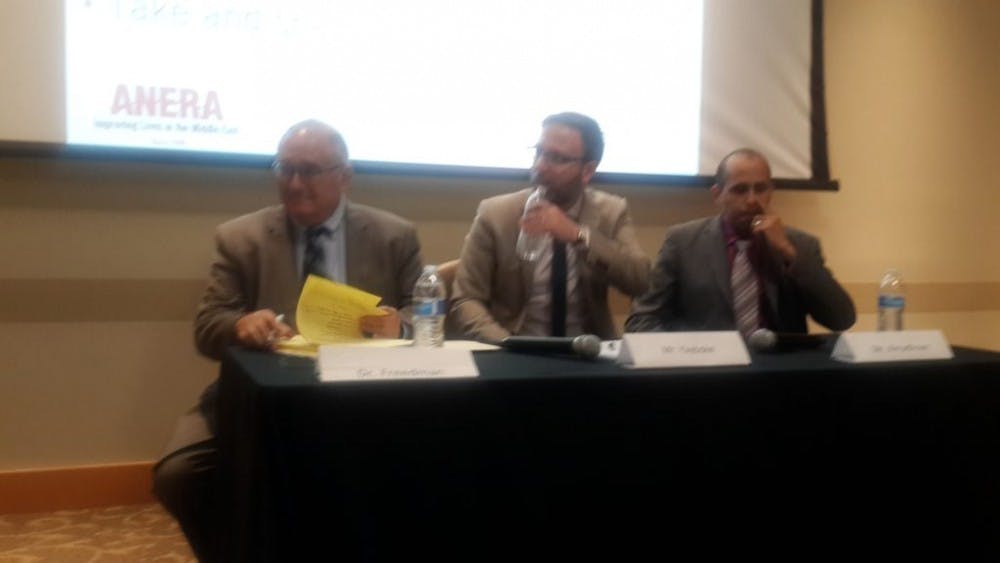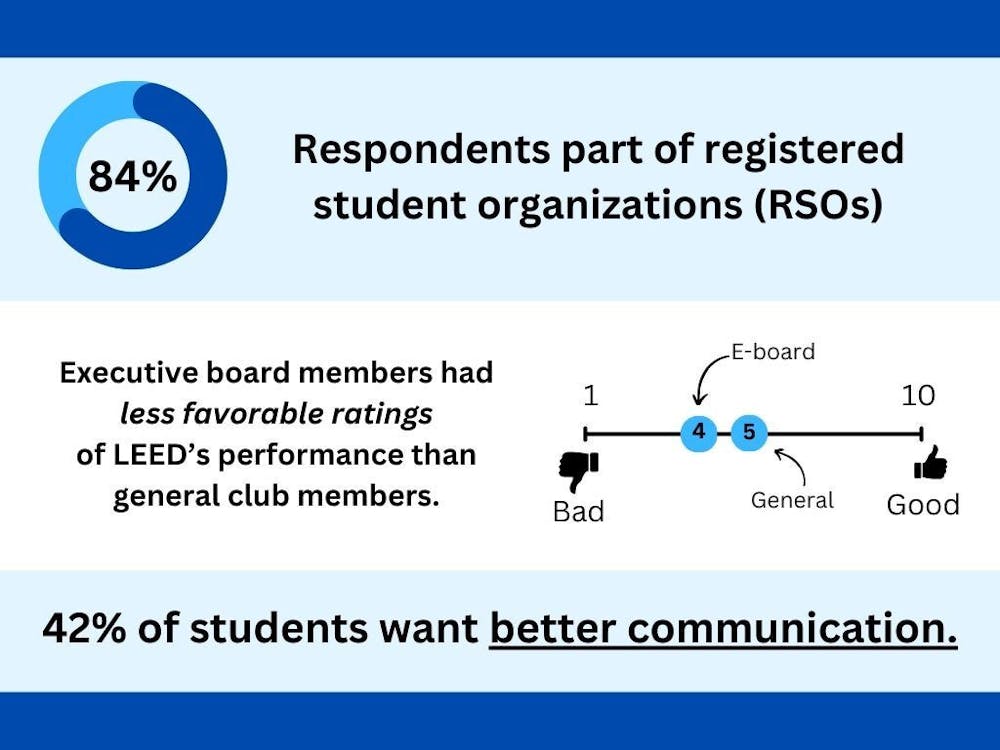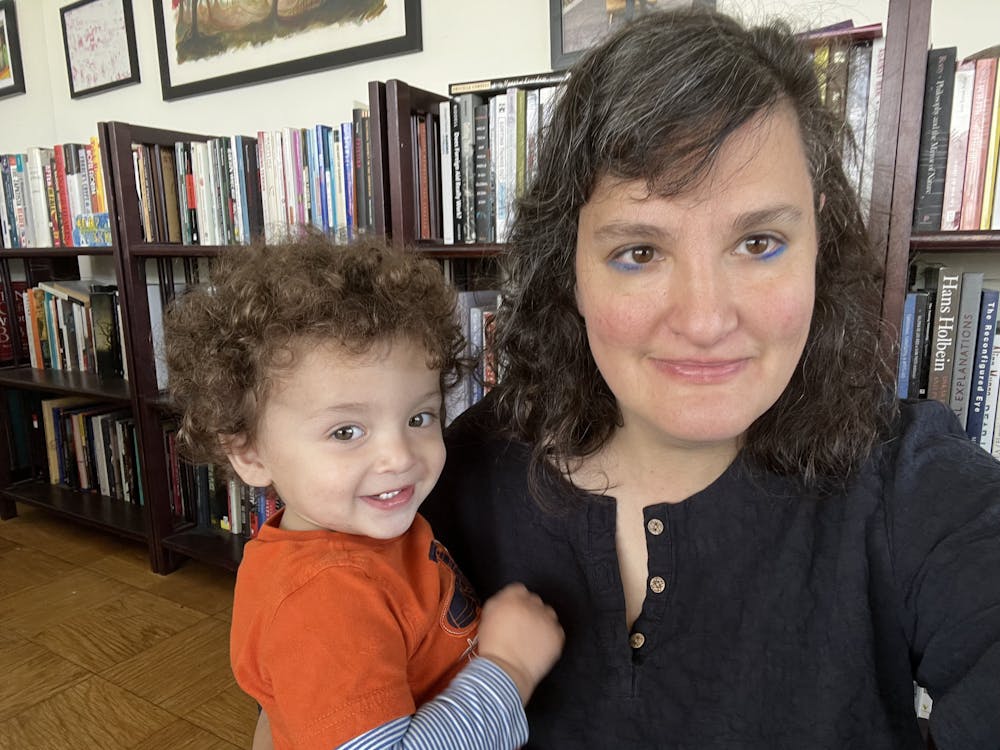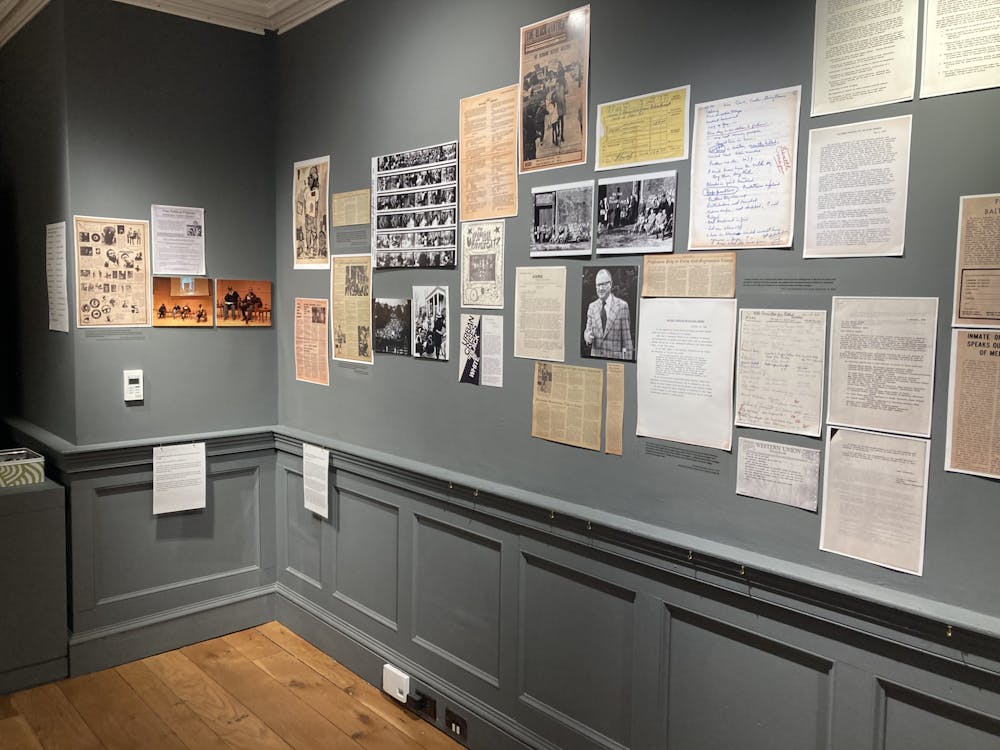Three panelists discussed the state of poverty and humanitarian aid in the Middle East in Charles Commons on Thursday, April 13. The event, which was hosted by the Hopkins chapter of Nourish International and the International Studies Leadership Council, discussed the implications of rising instability within the region.
Erol Yayboke, one of the speakers, is a research fellow at the Center for Strategic and International Studies. He warned that the refugee crisis may worsen over time as countries take funding away from preventative programs, from funding agriculture in Jordan to supporting Syrian refugees in Norway.
“It’s this vicious cycle of taking funding away from things that could help prevent refugees, which causes more refugees,” Yayboke said.
Yayboke explained that oftentimes well-intentioned Western countries, including the United States, fail to address poverty in the region because they are too narrowly focused.
“The problem is bigger and deeper than just refugees,” he said.
Panelist Hani Almadhoun, who is the director of Donor Development at American Near East Refugee Aid (ANERA), raised concerns about President Donald Trump’s administration. He gave his own views, which are not necessarily those of his organization.
Almadhoun explained that budget cuts could seriously harm his organization, ANERA, because they receive over a million dollars annually from the United States Agency for International Development (USAID). Almadhoun explained that ANERA provides basic sources of relief for Gazans. He stressed that he was worried that greater instability in the region will lead to more conflict and distract from long-term development projects.
“God forbid there is another war in Gaza,” he said. “It could [sap] the money away from us to provide water to the people.”
Robert Freedman, who is a visiting Hopkins political science professor, was the third panelist. He emphasized that the continuous conflict limits the region’s economic activities. Freedman cited the United Nations Economic and Social Commission for Western Asia, which reported that the region has lost $613.8 billion due to armed conflict.
The moderators also asked the panelists about their thoughts on the recent chemical attack in Syria and Trump’s bombing of a Syrian military airfield on April 6.
Freedman thinks that one motivation behind Trump’s actions is to distinguish his administration from Obama’s. He also mentioned that Trump may have also called the strike to pressure Chinese President Xi Jinping to discourage North Korea’s nuclear weapon development. He further suggested that Trump’s actions could be viewed as a message for Russia.
“This is pure speculation,” he said. “But I think it may send a message to Mr. Putin to tell Mr. Assad that it’s dangerous if you keep going along this path.”
When the moderators shifted the conversation to the Arab-Israeli conflict, all three panelists were pessimistic about the possibilty for a peace agreement in the near future.
Freedman argued that peace was impossible without the reunification of Gaza and the West Bank and encouraged leaders on both sides to be committed to the process.
“You don’t have that combination now,” he said. “That’s why, no matter how great a deal maker Mr. Trump is, I think that overall, you’re going to have real problems making peace.”
Almadhoun said the Middle East is in limbo.
“I don’t see a two-state solution happening, but I don’t see the Israelis taking a one-state solution either,” he said.
All the panelists agreed that the living conditions of Palestinians in Gaza, the West Bank and Lebanon are a major humanitarian problem.
When the conversation shifted to terrorism, Almadhoun felt that it was important to note that the U.S. government kills civilians as well. He pointed to two recent instances in Yemen and Afghanistan as examples.
“The only difference between us and a terrorist is the attitude,” he said. “We feel bad we did it.”
Yayboke had a foreboding prediction regarding the future of poverty and hunger.
“The next revolution is going to be the revolution of the hungry,” he said.
Freshman Evan Drukker-Schardl found that the panelists complemented one another effectively.
“The three different perspectives were distinct and meshed together very well,” Drukker-Schardl said.
On the other hand, freshman Natalie Wu wished the conversation had stayed more focused on poverty as opposed to geopolitical issues.
“I would have liked to see the humanitarian side come up a little more towards the end,” she said.
President of the Hopkins chapter of Nourish International Brianna So spoke about the motivation behind planning the event.
“We wanted to focus on foreign and humanitarian aid,” she said. “War and poverty can’t be spoken about without each other,” she said.

















Please note All comments are eligible for publication in The News-Letter.